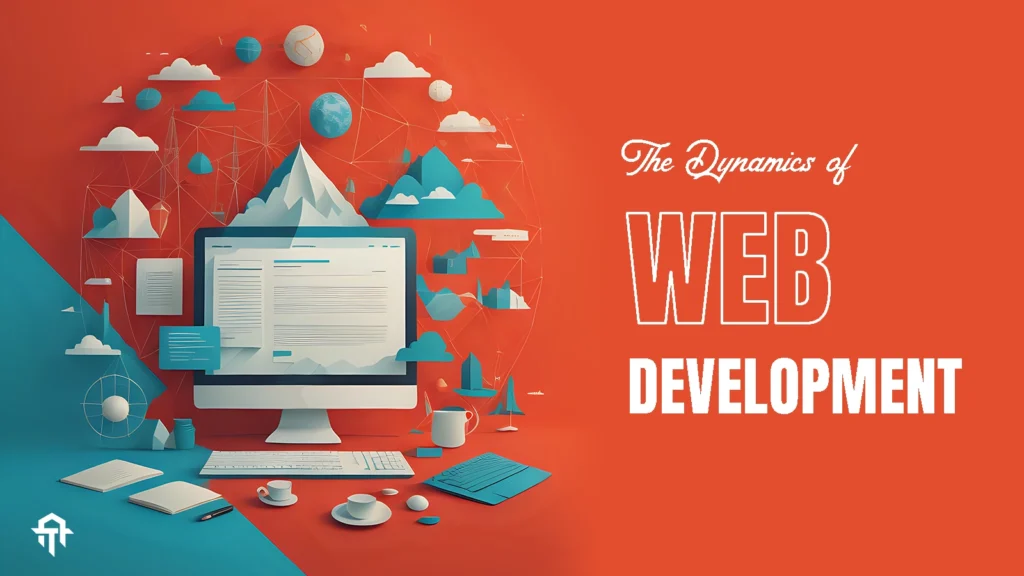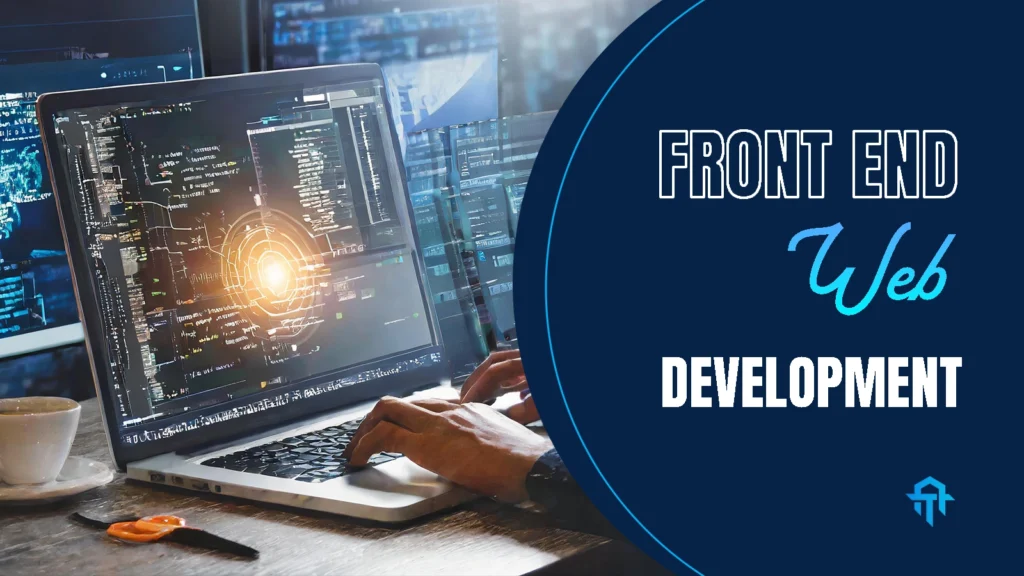
Navigating the Digital Horizon: The All-Encompassing Realm of Full-Stack Development
In the dynamic landscape of web development, full-stack development emerges as the comprehensive approach that empowers developers to navigate both the front and back ends of a digital project. A full-stack developer is a versatile professional who possesses a broad skill set, combining the abilities of both front-end and back-end development. This article explores the essence of full-stack development, the skills required, and its pivotal role in shaping the multifaceted world of digital experiences.
Defining Full Stack Development
Full stack development refers to the practice of handling both the client-side (front end) and server-side (back end) aspects of web development. A full-stack developer is proficient in a diverse range of technologies, allowing them to contribute to all stages of a project, from conceptualization to deployment. This versatility enables full-stack developers to understand the entire development process and bridge the gap between different components of a web application.
Key Skills in Full Stack Development
- Front-End Development:
Full-stack developers are adept at creating visually appealing and user-friendly interfaces. Key front-end technologies include:
- HTML, CSS, and JavaScript for building the structure, style, and interactivity of web pages.
- Front-end frameworks and libraries like React, Angular, or Vue.js for efficient development.
- Back-End Development:
Full-stack developers possess expertise in server-side programming and database management. Key back-end technologies include:
- Server-side languages such as JavaScript (Node.js), PHP, Python, or Ruby.
- Databases like MySQL, MongoDB, or PostgreSQL for storing and retrieving data.
- Back-end frameworks such as Express.js (Node.js), Django (Python), or Ruby on Rails (Ruby).
- Database Management:
Full stack developers understand the principles of database management, including designing schemas, creating queries, and optimizing database performance. - Version Control/Git:
Proficiency in version control systems, particularly Git, is crucial for collaborative development. Full stack developers use Git to manage and track changes in the codebase. - HTTP and RESTful APIs:
Understanding how web communication works through HTTP and the ability to design and consume RESTful APIs are essential skills for full stack developers. - Server and Hosting Environment:
Full stack developers are familiar with server environments, deployment strategies, and cloud platforms like AWS, Azure, or Heroku. - Basic Design Skills:
While not graphic designers, full stack developers often possess basic design skills to collaborate effectively with designers and create visually cohesive user interfaces.
Advantages of Full Stack Development
- Versatility and Independence:
Full stack developers can work on all aspects of a project, reducing the need for extensive collaboration between specialized front-end and back-end teams. - Efficient Problem-Solving:
Full stack developers have a holistic understanding of the development process, enabling them to identify and address issues more efficiently. - Cost-Effective Development:
In smaller teams or startups, having a full stack developer can be cost-effective, as a single individual can handle a broader range of responsibilities. - Streamlined Communication:
With a grasp of both front-end and back-end technologies, full stack developers facilitate smoother communication between different components of a development team.
Challenges and Continuous Learning
While full stack development offers numerous advantages, it comes with challenges and the necessity for continuous learning. Staying abreast of evolving technologies, managing both front-end and back-end responsibilities, and maintaining expertise across a wide spectrum of tools can be demanding.
The Future of Full Stack Development
The future of full stack development is poised for further evolution as technologies continue to advance. Trends such as serverless architecture, microservices, and increased emphasis on AI integration are likely to influence the skill set and role of full stack developers.
Conclusion: Orchestrating Digital Symphony
Full stack development embodies the orchestration of the entire web development process. Full stack developers play a crucial role in translating ideas into digital experiences, seamlessly navigating through the complexities of both front-end and back-end realms. As technology continues to evolve, the versatility and adaptability of full stack developers will remain vital, ensuring the creation of robust, efficient, and innovative digital solutions that define the forefront of the digital landscape.

